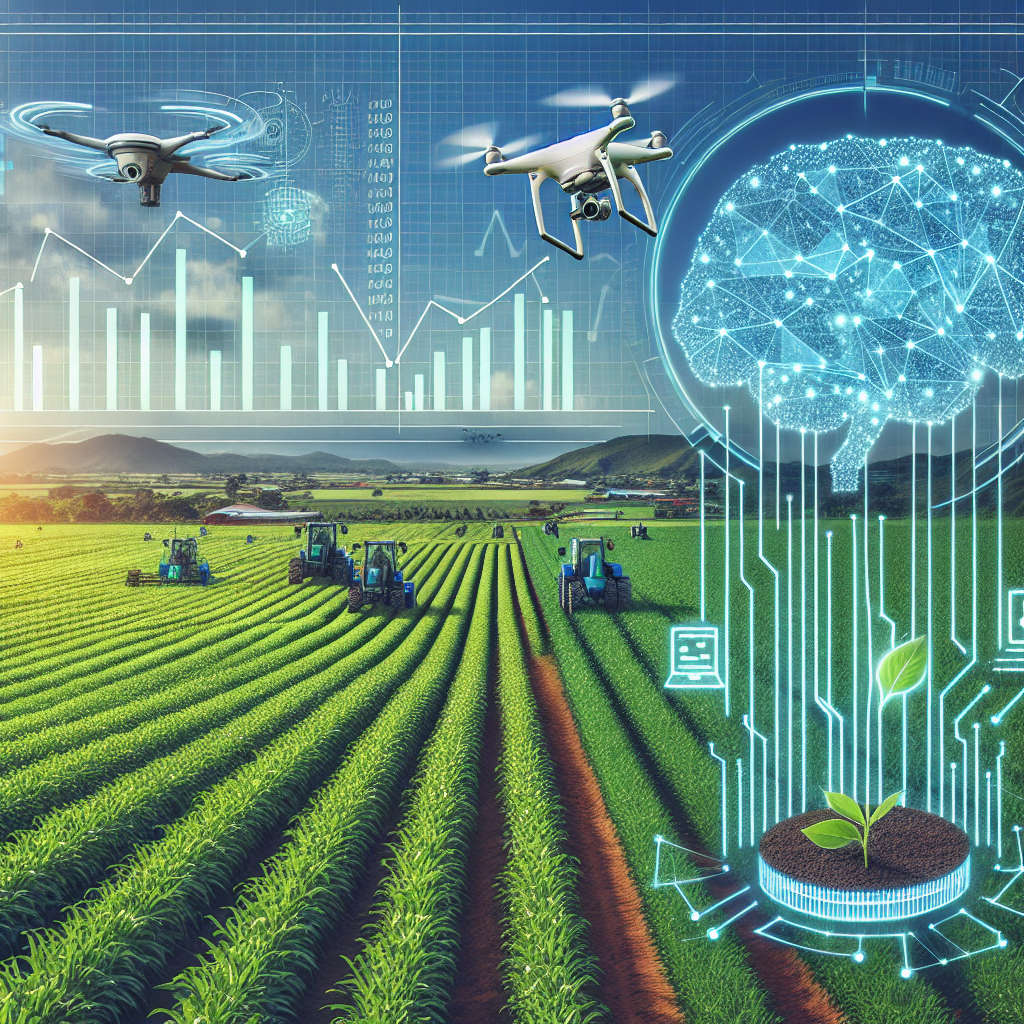The Role of AI in Agricultural Extension Services
Agricultural extension services play a crucial role in providing farmers with the necessary information, training, and resources to improve their agricultural practices and increase productivity. In recent years, with the rapid advancements in technology, artificial intelligence (AI) has emerged as a powerful tool that can enhance the delivery and effectiveness of agricultural extension services.
AI technology has the potential to revolutionize the way agricultural extension services are provided by offering personalized recommendations, real-time data analysis, and predictive modeling. By harnessing the power of AI, extension services can become more efficient, cost-effective, and tailored to the specific needs of individual farmers.
One of the key areas where AI can make a significant impact in agricultural extension services is in the collection and analysis of data. AI algorithms can process large amounts of data from various sources such as weather forecasts, soil samples, and crop yields to provide farmers with valuable insights and recommendations. This data-driven approach can help farmers make more informed decisions about planting, irrigation, fertilization, and pest management, leading to increased yields and profitability.
Another important role of AI in agricultural extension services is in providing real-time monitoring and feedback to farmers. For example, AI-powered sensors can be used to monitor soil moisture levels, crop health, and pest infestations, allowing farmers to take immediate action to address any issues. This proactive approach can help prevent crop losses and minimize the use of pesticides and other inputs, leading to more sustainable agricultural practices.
AI can also be used to develop predictive models that can forecast crop yields, market prices, and weather patterns. By analyzing historical data and current trends, AI algorithms can help farmers plan their planting schedules, manage their inventories, and make informed decisions about marketing their produce. This predictive capability can help farmers mitigate risks, optimize their resources, and maximize their profits.
In addition to data analysis and monitoring, AI can also enhance the delivery of agricultural extension services through personalized recommendations and interactive tools. For example, AI-powered chatbots can provide farmers with instant answers to their questions, recommend specific practices based on their location and crop type, and connect them with experts for further assistance. These virtual advisors can help bridge the gap between farmers and extension services, especially in remote or underserved areas.
Overall, AI has the potential to transform agricultural extension services by making them more efficient, accessible, and impactful. By leveraging AI technologies, extension workers can reach a larger audience, deliver more targeted interventions, and empower farmers to adopt sustainable and profitable farming practices.
FAQs
Q: How can AI help farmers improve their agricultural practices?
A: AI can help farmers improve their agricultural practices by providing them with valuable insights and recommendations based on data analysis, real-time monitoring, and predictive modeling. This information can help farmers make more informed decisions about planting, irrigation, fertilization, and pest management, leading to increased yields and profitability.
Q: What are some examples of AI technologies used in agricultural extension services?
A: Some examples of AI technologies used in agricultural extension services include AI-powered sensors for monitoring soil moisture levels, crop health, and pest infestations; predictive models for forecasting crop yields, market prices, and weather patterns; and chatbots for providing personalized recommendations and interactive tools to farmers.
Q: How can farmers access AI-powered agricultural extension services?
A: Farmers can access AI-powered agricultural extension services through various channels such as mobile apps, websites, and helplines. These platforms can provide farmers with instant answers to their questions, personalized recommendations, and connections to experts for further assistance.
Q: What are the benefits of using AI in agricultural extension services?
A: The benefits of using AI in agricultural extension services include increased efficiency, cost-effectiveness, and personalized recommendations for farmers. AI technologies can help extension workers reach a larger audience, deliver more targeted interventions, and empower farmers to adopt sustainable and profitable farming practices.

